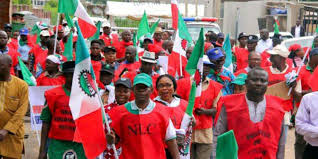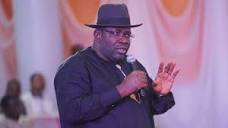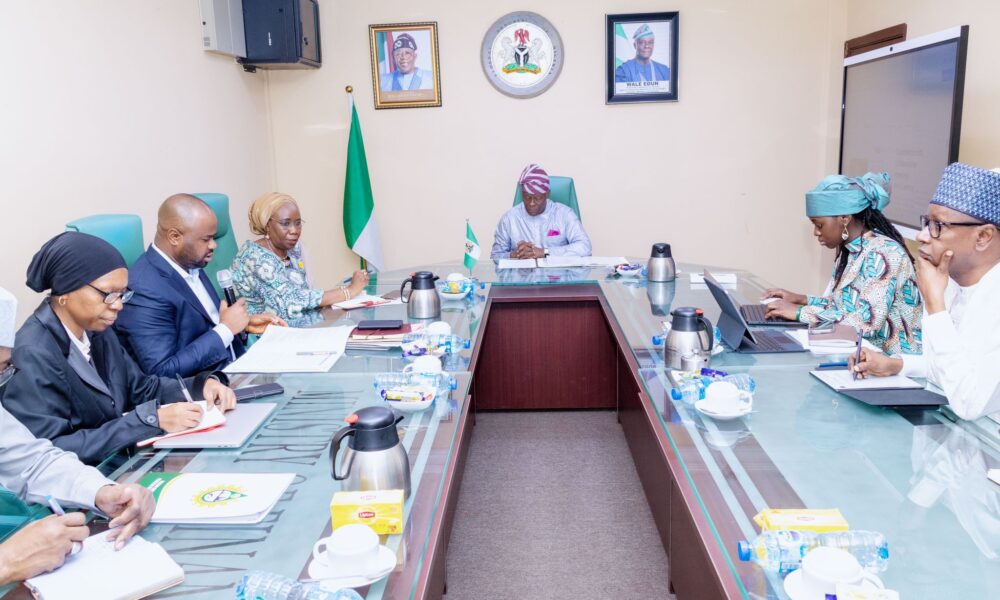*** Develop functional partnership with organise labour
A member of the National Working Committee (NWC) of the ruling All Progressives Congress (APC) Mallam Salihu Lukman, has urged President Bola Tinubu to do all within his power to eliminate distractions that comes with strikes by orgarnised Kabour
The APC stalwarts also asked the President to immediately develop functional partnership with organise labour to facilitate consultations between the government and the unions.
In a statement released Tuesday in Abuja, titled “Nigerian Democracy and the Challenge of Governance,” Lukman said there are many policy issues that organised labour would be interested in adding that simple courtesy of being in the loop of policy design would help reduce frictions and tension between labour and APC governments and eliminate distractions that come with strikes.
Lukman who is also the North-west zonal vice chairman of the party called for a common template to be agreed upon between the government and the labour unions to guide consultations.

According to Lukman, it will be easier for organised labour to develop a functional relationship with APC and its governments at all levels and seek to defend and promote the interests of Nigerian workers than for NLC and its partners to reclaim the Labour Party and use it to sponsor candidates and win elections.
While commending the labour unions for the suspension of nationwide strike over subsidy removal, Lukman said the Nigerian Labour Congress (NLC) and their partners would have been the first casualty had it been Peter Obi won the last presidential election.
He said: “Good enough, the young government of President Tinubu was able to open negotiations with NLC and TUC and already both NLC and TUC have agreed to suspend their planned strike action. However, beyond the suspension of the planned strike action, APC and the government of President Tinubu must consider developing functional partnership with organise labour.
“The partnership must be strategically to facilitate consultations between organised labour, APC as a party and the governments it controls both at federal and state levels. Common template should be agreed to guide consultations. There are many policy issues that organised labour would be interested and simple courtesy of being in the loop of policy design would help reduce frictions and tension between labour and APC governments and eliminate distractions that come with strikes.
Some would argue that NLC has already registered Labour Party. The truth is that NLC lost Labour Party a long time ago. What exists today as Labour Party is a corrupt representation of the Labour Party envisioned by the NLC in 2002. The Labour Party envisioned by the NLC in 2002 was a party to be controlled by people committed to Nigerian working class. For quite sometimes now, Labour Party is the political equivalent of stock market whereby every person aspiring to emerge as a candidate of the party for election, is free to bid so long as he/she has the resources.
“The reality is that the highest bidder wins the ticket of the party. This is what produced Mr. Peter Obi as the Presidential candidate of the Labour Party in the 2023 elections. NLC and all their partners had no say in the emergence of Mr. Obi and had he won the election, NLC and their partners would have been the first casualty.
“Besides, NLC and TUC need to come to terms with the fact that they must relate with the government of the day to promote and defend the interests of Nigerian worker. They must relate with the federal government both as a sovereign authority and as the largest employer of labour irrespective of the party in power.”
The APC chieftain believed that once negotiation is limited to getting organised labour to accept the new policy of withdrawal of fuel subsidy without contracting partnership agreement with organised labour aimed at securing functional relationship to negotiate the roll out of difficult policies, which would be considered necessary to move Nigeria forward, the old distractions of managing strike actions by organised labour would continue.
“Developing a functional partnership relationship with organised labour, and by extension other groups, require deeper political reforms in the country. To achieve that would also demand more focus in reforming the APC as a pollical party, which may have to compel President Tinubu to ask the APC leadership to organise mid-term National Convention earlier than schedule.
“Some of the changes for instance required to bring about new leadership who could lead the party to achieve its vision of being a progressive party can only be decided by the National Convention. If, for instance, the party want to correct the problem of having reactionaries and conservatives leaders such as Sen. Adamu and Sen. Omisore leading the party, organising a mid-term convention is necessary and compelling.
“The earlier this is done, the better for the young government of President Tinubu especially if he wants to run a progressive federal government, one that can guarantee the participation by Nigerians represented by their organised groups in his government as provided by the 1999 Nigerian constitution as amended.”




